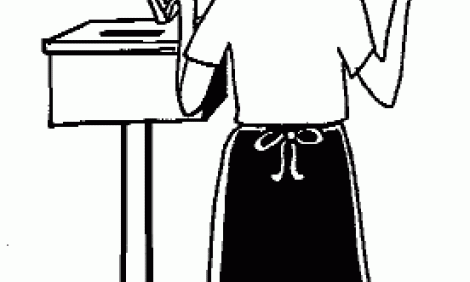
In depth
How technology issues impact women’s rights: 10 points on Section J
APC's advocacy for the re-prioritisation of Section J at the 59th session of the Commission on the Status of Women asks governments to recognise the critical role that the media and ICT play in both advancing and stifling women's rights. At the same time, it is vital that women's rights activists and organisations examine how ICT affects their work and take up Section J demands.
To that…
To that…

Publication
Gender dynamics need to be addressed in communications surveillance in Uganda
The incident involving the prime minister highlights why there is growing concern over the governance and regulation of communication surveillance, and how it is being used to infringe on one’s right to privacy in Uganda. Because this case affected a high-ranking Ugandan official, the question is, how safe is the ordinary Ugandan? And from a gender activist perspective, what are the gender…
Publication
Gender equality in the information society - a review of current literature and recommendations for policy and practice
The information society is not gender neutral – it has different implications for women and men, girls and boys, and for the relationships between them. It is therefore vital to begin reflecting more critically on how ICTs are changing the nature of gender relations in social, political, economic and cultural landscapes. On one hand is important to recognise and harness the potential of
…
…
Feminist talk
How technology informs my activism: A conversation with gender and technology activists in Barcelona
Interviewed during the APC Member Meeting in Barcelona, Spain, gender and technology activists Anne Roth, Hilary Goldstein, Marie Githini, and Sarah Marland, talked about how technology informs their activism and what turns them on about technology.
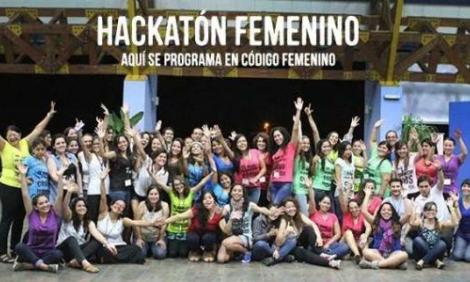
In depth
Participants in Costa Rican Women's Hackathon develop software applications to solve social problems
On 30 and 31 August 2014, 39 women engineers and technologists created nine prototypes of software applications aimed at solving social problems in the north of Costa Rica, at the First Women's Hackathon, organised by APC member organisation Sulá Batsú through its TIC-AS project, with the support of UN Women's Fund for Gender Equality.
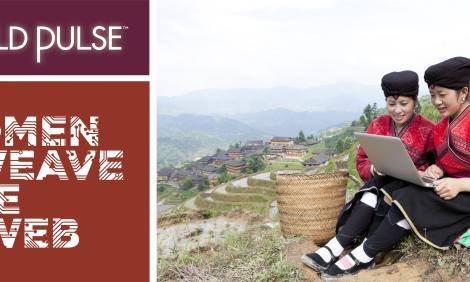
Feminist talk
Women Weave the Web: Digital inclusion and empowerment campaign
Want to learn more about the Women Weave the Web Campaign? You've come to the right place! Take a look at this page to get answers to all of the questions you may have about Wold Pulse's Digital Action Campaign. If you are looking for more general information on our Campaigns, please see our What is a Campaign? page.
Publication
Infographic - #StopStoning WOMEN NOW!
The infographic was produced as part of the WLUML global campaign to end the brutal practice of stoning. In fourteen countries around the world, this brutal punishment and form of torture continues to exist. The flyer highlights the case of a young woman who was stoned to death for having a cell phone in Pakistan. The campaign advocate for a UN resolution against stoning, ban of stoning in…
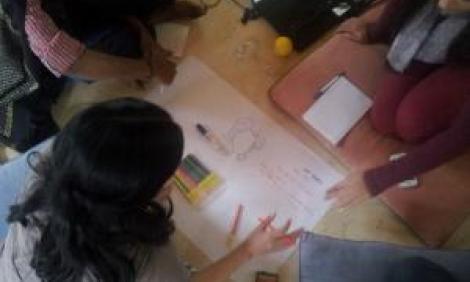
Editorial
A is for Agency
It’s been a great month for cyber-feminism. The #FBrape campaign succeeded in changing the social network giant’s policies on violence against women in record time. The global alarm over the NSA surveillance scandal created mass awareness over privacy and access to personal data. And Instagram launched hipster filters for videos. Perhaps not as breakthrough, but definitely encouraging of more…
Publication
"What went wrong?" Anita Gurumurthy's statement at the closing ceremony of WSIS plus 10 review
The statement by Anita Gurumurthy, Executive Director, IT for Change, at the closing ceremony of WSIS plus 10 review held by UNESCO from 25th to 27th February, 2013, starts questioning _"what went wrong?"_ in the last decade since the internet should have been been equalising social and economic opportunity. Why did the internet, and the information society phenomenon not do what it was supposed…
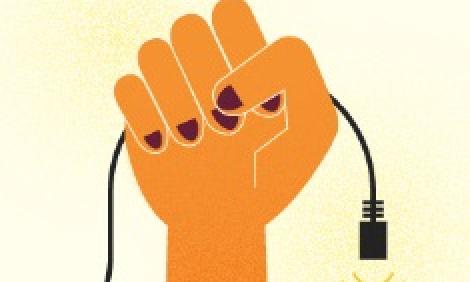
Feminist talk
Women and the web: Why internet access matters
When women are able to gain access to the internet, they begin to do powerful things with it. Among women in developing nations, many of those who have been able to access the web have used it to find work, do research, and otherwise seek an additional income source for their families. The following infographic examines how now, more than ever, women in developing nations need the web.




